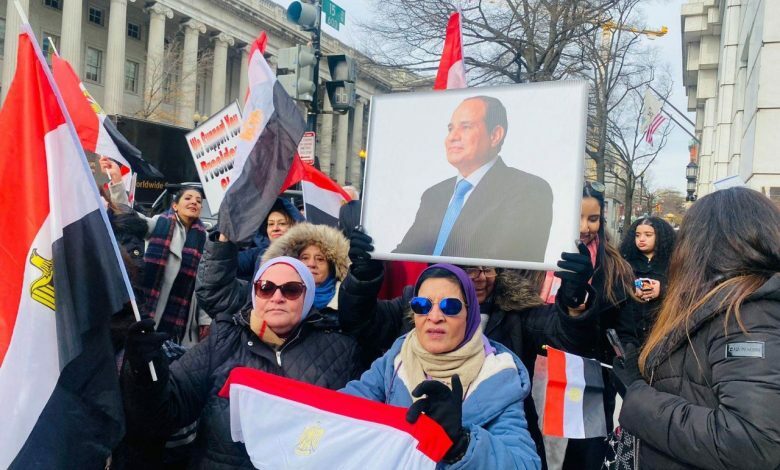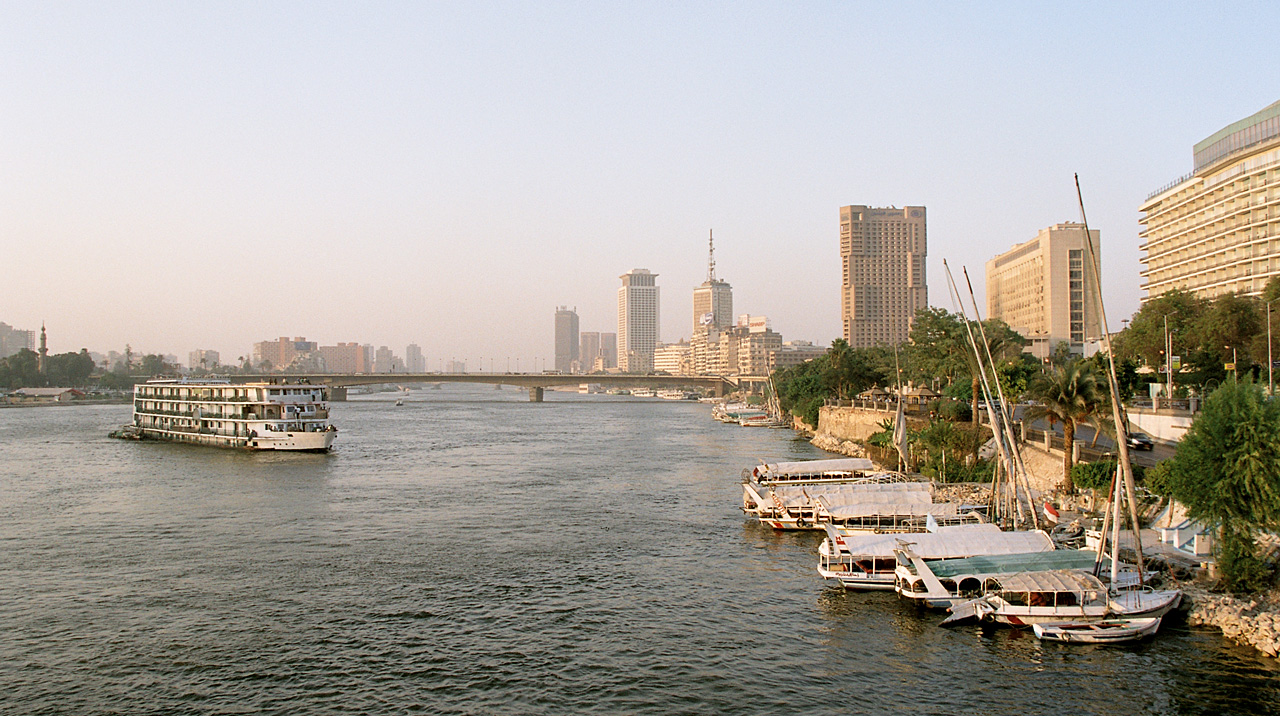
The Coordinator of the Specialized Council for Economic Development affiliated with the Egyptian Presidency, Hussein Eissa, said that Egyptians abroad are always concerned about their homeland, and their interest in it goes beyond mere remittances despite the importance of them.
Expatriates are always eager to buy apartments or villas in Egypt, he noted, and as they enjoy clean and well-maintained restaurants, cafes or gardens they have a vested interest towards any developments in the national infrastructure.
Eissa continued that in addition to meeting their desires, all that must be done is encourage them to invest further.
Certain economic entities must approach them directly, he added, offering them forms of participation in new or existing companies alongside explaining to them opportunities to diversify their investment portfolios to capitalize on the current investment momentum and simultaneously enhance their contribution to the country’s development.
The new tax reforms could encourage Egyptians abroad to invest more, especially as they see the appreciation for local investors, he said.
Eissa explained that Finance Minister Ahmed Kouchouk told him that a second, third, and fourth package of tax reforms would be forthcoming, and that the goal was for financiers to be partners, not enemies.
He added that the Finance Minister also emphasized that he was not concerned with the outcome, as these would come later after building up trust and proper partnerships.
Kouchouk revealed that the package of facilities was not a top-down idea, Eissa said, adding that the minister would eventually leave his post, but the employees would remain.
Therefore, he personally sought to convince them and gain their support for the new approach.
Eissa said that tax evasion is primarily due to bureaucratic complications.
He estimates that these complications are responsible for 70 percent of Egypt’s tax problem and the weak revenue as a percentage of GDP.
He also notes that the other 30 percent is due to deviant or improper behavior, taking into account that the more bureaucratic complications there are, the worse human behavior is, and vice versa.
Edited translation from Al-Masry Al-Youm




